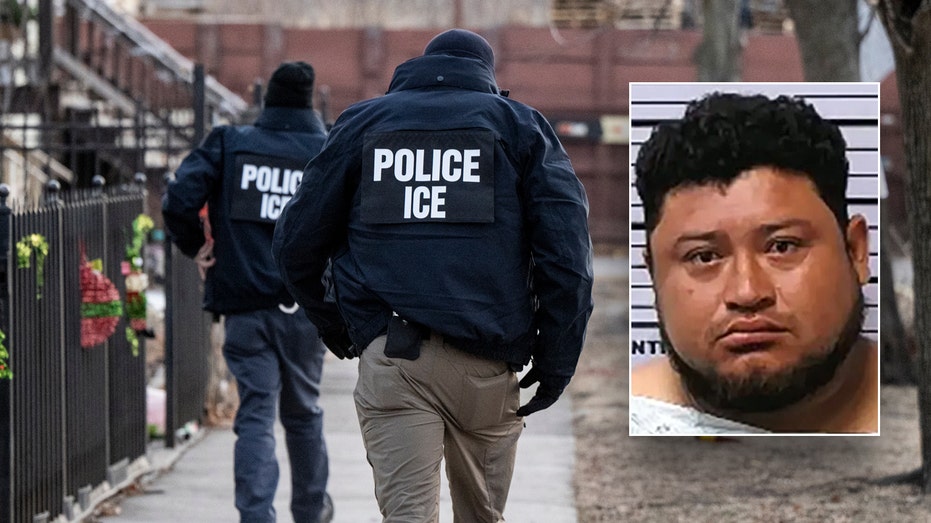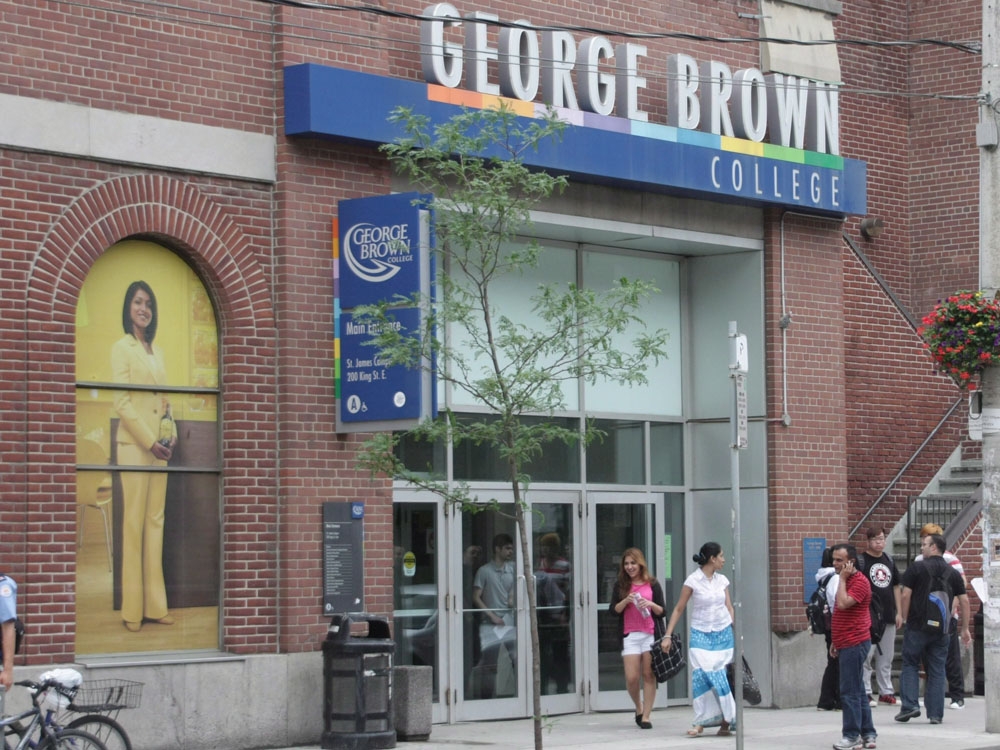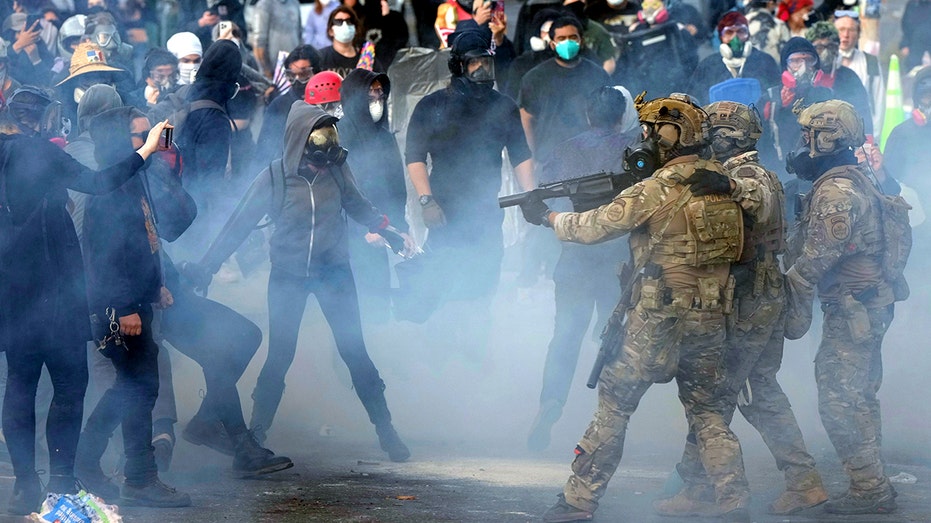A growing sense of resentment is brewing within law enforcement circles across the nation. Officers are expressing deep frustration with what they perceive as a prioritization of resources towards supporting undocumented immigrants, while their own departments grapple with critical shortages and financial constraints.
The financial burden is staggering. New York City alone projected spending exceeding $8.9 billion over two years – 2024 and 2025 – solely on housing and support services for those without legal status. This massive allocation of funds is occurring as vital city services face potential cuts.
Illinois offers a similar story. Since 2021, the state has reportedly spent over $2.5 billion on care for undocumented individuals, with healthcare costs far surpassing initial projections. The escalating expenses are raising serious questions about fiscal responsibility and resource allocation.
Chicago’s experience vividly illustrates the local impact. The city spent approximately $255 million in 2022 and 2023 on provisions like housing, food, and clothing for undocumented immigrants. This expenditure has ignited public outcry from residents feeling overlooked.
During a December city council meeting, one Chicago resident voiced the frustration felt by many, directly appealing to the mayor to redirect funds. She passionately argued for an end to “free everything” for undocumented individuals, believing it would unlock substantial savings for the city.
Sgt. Betsy Brantner Smith, spokesperson for the National Police Association, articulated the officers’ perspective. She emphasized the deep frustration stemming from the perceived misallocation of resources, particularly in cities like Chicago where police forces are already severely understaffed.
The Chicago Police Department is currently facing a deficit of nearly 1,000 officers. The superintendent revealed that city administrators have requested $98 million in budget cuts, further exacerbating the strain on law enforcement capabilities. The situation is described as a critical juncture requiring immediate attention.
Superintendent Snelling acknowledged the challenges, stating the department is moving in the right direction but needs time and proper staffing to effectively address the city’s safety concerns. The need for adequate resources is paramount to improving public safety.
Smith argues that the billions spent on supporting undocumented immigrants could be far better utilized by investing in crucial areas like police training and recruitment. This shift in focus, she believes, would directly contribute to combating crime and strengthening community safety.
The core of the issue, according to those within law enforcement, is a feeling of being undervalued and ignored. They believe the current system is unsustainable, stretched too thin by demands that extend beyond its capacity to serve both citizens and those residing within the country without legal authorization.






